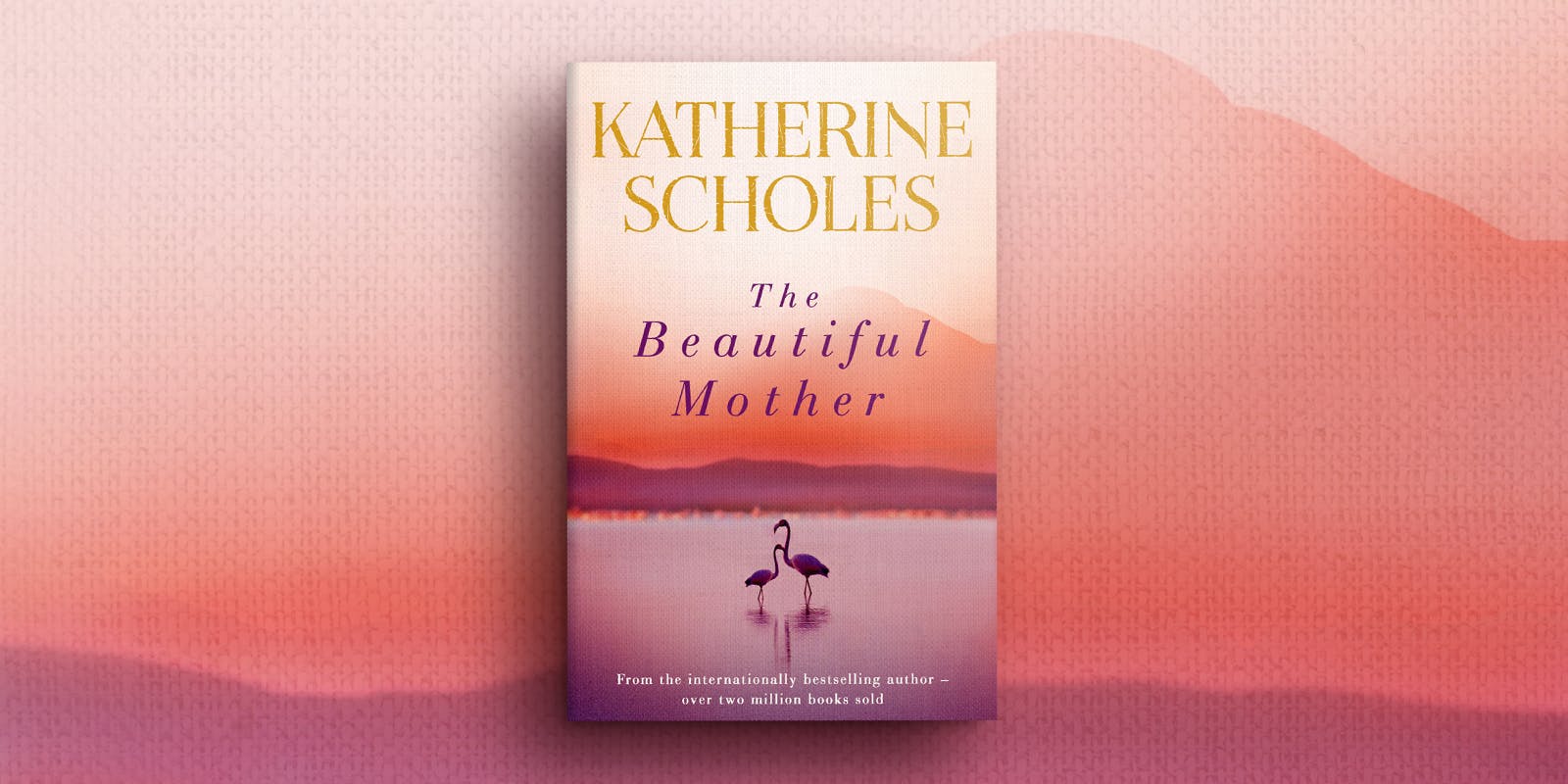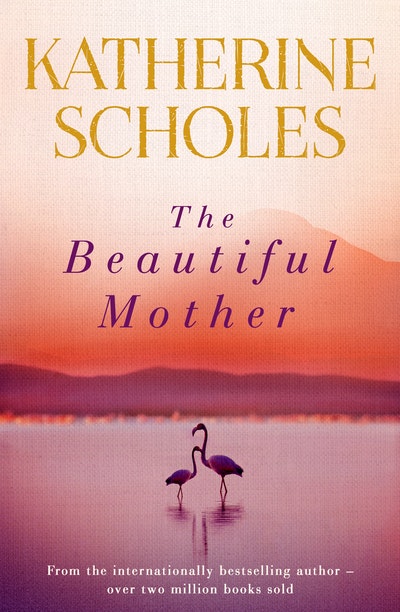The international bestselling author on motherhood, the meaning of family and empathising with her main character.
What compelled you to write The Beautiful Mother?
I wanted to explore deeply what it means to have a relationship with a baby. My fascination with this topic reaches back to when I first became a mother myself. My days were full of opposite emotions – love and fear, exhaustion and strength – combined with a sense of pure wonder I’d never felt before. And I discovered a surprising connection with my instinctive self as if I was being drawn back to some more basic state. From then on, other mothers’ stories took on special meaning for me. Some years ago while travelling in Tanzania, I visited an orphanage that provides care for the babies of women who have died in childbirth. The infants stay only until they’re old enough to survive on a village diet, and then they return home. The blend of tragedy and hope I felt in that place reminded me of times when, as a child, I used to accompany my father on medical trips to remote parts of that same country. I witnessed the desperation of mothers struggling to keep their babies alive and well, and also their relief at getting help. Now, as a mother myself, I could imagine how they felt. Even in the privileged world of Australia I encountered heartbreaking stories – of women who’d never been able to fall pregnant, or had lost their babies, born or unborn. I became interested in the role of foster mothers, imagining what it would be like to care for someone else’s baby, just for a while, and then say goodbye. Even when life was easier, the arrival of a baby impacted relationships with partners, in-laws and a woman’s career. Again, I saw – and felt – a potent combination of dark and light. I knew I was touching on experiences that reached deeply into the core of what it means to be human and I wanted to bring them together into a story.
Why did you choose to set The Beautiful Mother in a remote corner of Tanzania?
With its universal themes, the novel could have been set anywhere. But I decided on an archaeologist’s camp, where members of a famous family of researchers are hunting for evidence about the evolution of humans. I knew this would give me a chance to reveal exactly how we came to be the people we are today. (Why is childbirth so painful and dangerous? Why are human babies so helpless, compared to other mammals?) I could look at how our hunter-gatherer past is reflected in the personal qualities we have evolved to possess, and discover what lessons can be learned from people like the Hadza, who still follow this healthy, sustainable lifestyle. I’d be telling a story, and discovering truths about myself at the same time.
The meaning of ‘family’ and ‘home’ are concepts at the heart of this book. How would you describe what ‘family’ and ‘home’ mean to you?
I was born in Tanzania of British parents, and our family ended up living in Australia. Perhaps because we moved around so much, between different cultures, we are all very close – our sense of home is tied to the family, rather than one place. As migrants we had a choice between making do with a very small family group in Australia (with all our blood relatives overseas) or creating a tribe that included others. We’ve always gone with the second option. We love having visitors and extra housemates. We cook up huge meals and gather everyone around the table. Our past life in Tanzania still influences us; we have a tradition of singing a Swahili song before we begin to eat. Guests sometimes find it surprising, but they quickly join in. The ritual is a reminder of exactly what home and family means to us.
Essie’s dilemma is heart-wrenching: how do you begin to place yourself in the shoes of somebody in her predicament?
As the author, I joined Essie on her journey, walking beside her step by step. Essie faces moral and emotional dilemmas that I’ve never had to deal with, but as a woman I found it very easy to empathise with her. As always I turned to true stories, shared through non-fiction writing and direct interviews, to gather all the details necessary to create something real. One of the things an author can do is draw on powerful emotions they have experienced personally but in a different setting to the one in the story, and adapt that knowledge. I made use of this regarding Essie’s story. In discussing this, I want to stress that The Beautiful Mother is not ultimately a story about heartbreak. It’s about change, growth, compassion and above all the gift of life.
What do you hope readers take away from The Beautiful Mother?
I want readers to be left with the sense that they’ve travelled to a faraway place and brought back new ideas and perspectives that inspire meaning in their own world. I also want the power of the story and the presence of the characters to linger, long after the final page is turned. I hope readers are left pondering their own relationships with their children, partner, mother-in-law, work colleagues, even the animals in their lives. They are all a part of the story of change.













